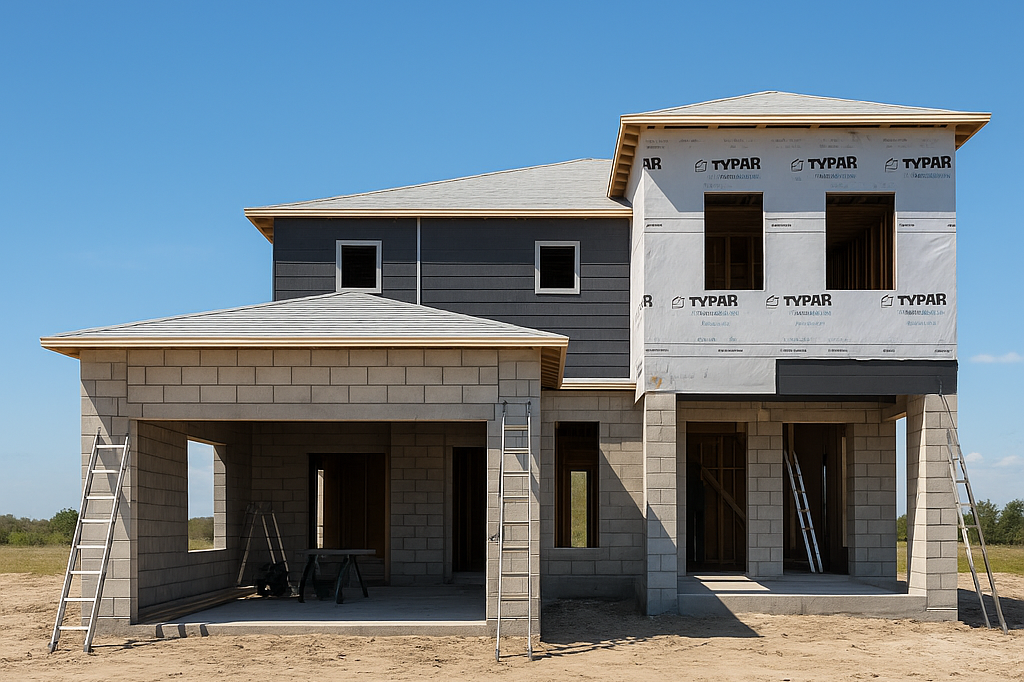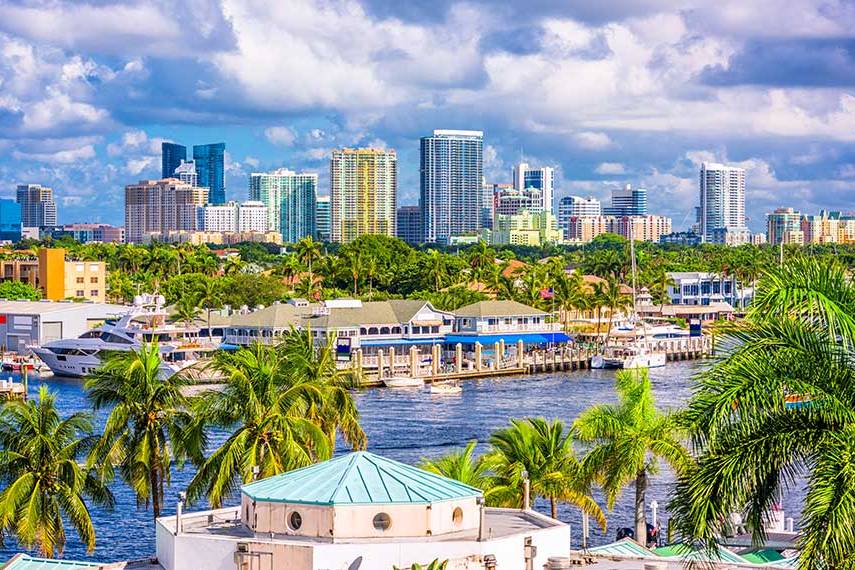A recession is not the same as a real estate crisis. That's the one thing every homeowner today needs to know. Everywhere you look, experts are warning that we could be heading for a recession and, if true, an economic slowdown doesn't mean that houses will lose value.
O National Bureau of Economic Research (NBER) define a recession as follows:
"A recession is a significant decline in economic activity spread throughout the economy, usually visible in output, employment and other indicators. A recession begins when the economy reaches a peak in economic activity and ends when the economy reaches its trough. Between the trough and the peak, the economy is expanding."
To help show that house prices don't fall every time there's a recession, take a look at the historical data. There have been six recessions in this country in the last four decades. As the graph below shows, looking at the recessions since the 1980s, house prices have appreciated four times and depreciated only twice, although it should be remembered that one of the two recessions with a loss of value was generated in the real estate market and so it was to be expected that in this recession real estate would lose value.
So, historically, there is evidence that when the economy slows down, it doesn't mean that house values will fall or devalue.
Recession does not equal crisis in the real estate market
Price changes in the last 6 recessions

The first time on the chart that house values fell was in the early 1990s, when house prices fell by less than 2%.
It happened again during the housing crisis in 2008, when house values fell by almost 20%. Most people vividly remember the housing crisis in 2008 and think that if we fall into a recession, we'll repeat what happened then.
But this the real estate market is not a bubble about to burst. The fundamentals are very different today than they were in 2008. So we shouldn't assume that we're following the same path.
[mpc_alert font_color="#ffffff" background_color="#2eabbf" padding_divider="true" padding_css="padding-left:20px;"]See an article with more arguments: 3 charts that show we're not in a real estate bubble[/mpc_alert][mpc_icon_column title_font_color="#e4246c" title="Summary" title_margin_css="margin:5px;" mpc_icon__mpc_tooltip__border_divider="true" mpc_icon__mpc_tooltip__padding_divider="true"]We're not in a recession in this country, but if one is coming, that doesn't mean that houses will lose value. History proves that a recession is not the same as a real estate crisis.[/mpc_icon_column]
Any doubts?
Now that you know that even in a recession, historical data is positive for the real estate market in the United States, you can consider investing in vacation homes in Orlando. To make the most of all the tips we've given you and go even deeper, you can talk directly to our relationship agents. They are always happy to talk to you to answer any questions you may have about investing in Florida.
In this article, we've covered the topic of the behavior of the real estate market during recessions because it's interesting for those looking to invest in Florida. If you would like to read more content like the one in this article, just stay tuned to our blog.
Did you like the article? Keep an eye on our blog! Looking to live or invest in real estate in Florida? Check out the list of houses for sale in Florida that we've selected for you!
|
Getting your Trinity Audio player ready...
|
Leo Martins
My role is to create an environment for people to connect with Real Estate in Florida




